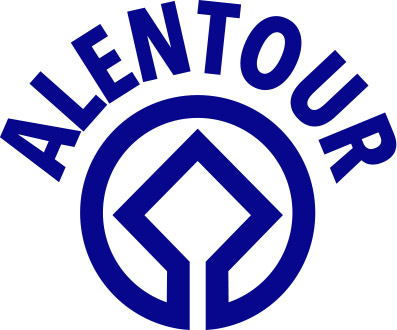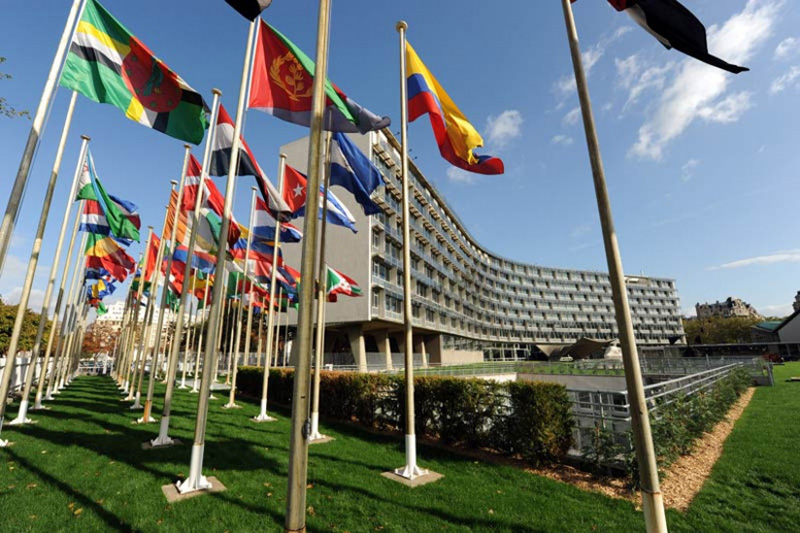 Patrimoine mondial UNESCO
Patrimoine mondial UNESCO
Patrimoine mondial UNESCO
Patrimoine mondial UNESCO
C’EST QUOI, LE PATRIMOINE ?
WHAT IS WORLD HERITAGE?
Le patrimoine, ce sont les monuments et les traditions qui renforcent l’identité culturelle des communautés. Le Département de Seine Saint Denis a une liste de bâtiments qui sont importants pour l’histoire de ses habitants. Parfois, le patrimoine touche à l’identité de toute l’humanité. Par exemple, quand Notre Dame de Paris a brulé, le monde entier s’est senti concerné. Quand les feux de brousse en Australie ont tué des millions d’animaux et menacé la survie des koalas, l’émotion a dépassé les frontières du pays. On parle alors du patrimoine mondial.
Heritage is the sum of monuments and traditions that reinforce the cultural identity of different communities. The region Seine Saint Denis has a list of places that are important to its residents because they are part of their history.
Sometimes, heritage contributes to the identity of all humanity. For example, when Notre Dame in Paris burned, the whole world cared. When bushfires in Australia killed millions of animals and threatened the survival of koalas, people of all nationalities were upset. This is what we call world heritage.
Notre Dame de Paris a brulé en avril, 2019
Les feux de brousse en Australie en 2019 – 2020 ont menacé la survie de l’espèce
The fire at Notre Dame in Paris in April 2019
Bushfires in Australia in 2019 – 2020 threatened koalas with extinction
C’EST QUOI L’UNESCO ?
WHAT IS UNESCO?
Unesco est la branche des Nations Unies qui s’occupe de la culture. Elle décide quels sont les monuments et les traditions qui sont si importants qu’ils comptent pour toute l’humanité. Elle leur donne le label « patrimoine mondial » et elle travaille pour préserver ces trésors pour les générations à venir.
Unesco is a branch of the United Nations that deals with culture. It decides which monuments and traditions are so important that they matter to all of humanity. Unesco gives these places the label “world heritage” and works to make sure they are protected for future generations.

Siège de l Unesco à Paris
Unesco’s headquarters in Paris
À Paris, par exemple, les rives de la Seine ont été classées Patrimoine mondial Unesco parce que de nombreux endroits remarquables s’y trouvent, comme la Tour Eiffel et le Louvre. Au Havre, les HLM de l’architecte Auguste Perret ont été certifiés par Unesco pour leur méthode de construction novatrice. Ce sont des exemples de « patrimoine matériel ». Les traditions peuvent aussi être importantes pour l’identité de toute l’humanité. On parle alors de « patrimoine immatériel ».
In Paris, for example, the banks of the Seine are classified Unesco world heritage because they are home to many significant monuments, like the Eiffel Tower and the Louvre. In Le Havre, the public housing designed by the architect Auguste Perret got the Unesco label because of its innovative construction method. These are examples of “tangible heritage”. Traditions can also be important for humanity’s identity. We call this “intangible heritage”.
Danses traditionnelles à Burundi
La fête de Tamkät en Ethiopie
Le reggae Jamaïcaine
La pizza
L’écriture Arménienne
L’alpinisme (la France, la Suisse et l’Italie ont fait une candidature commune)
Traditional dances in Burundi
Tamkät celebrations in Ethiopia
Jamaican reggae
Pizzas
The written language of Armenia
Mountain climbing (France, Switzerland an Italy applied together)
LA CANDIDATURE D’ALENTOUR
ALENTOUR’S APPLICATION
L’Unesco ne donne pas spontanément les certifications « Patrimoine mondial ». C’est aux pays et aux communautés d’en faire la demande. Souvent, les pays veulent cette reconnaissance parce que le label peut faire venir les touristes et créer une dynamique économique. Nous allons monter un dossier avec les arguments pour soutenir notre candidature. Il nous faut des slogans, en français, en anglais et en espagnol, pour incarner le rêve d’Alentour.
Unesco doesn’t spontaneously give out the “World Heritage” label. Countries and communities have to apply. Often, the authorities want this recognition because the label can bring tourists and boost the economy. We’re going to put together an application and lay out our arguments. We need slogans, in French, English and Spanish, to capture the dream that is Alentour.
 Patrimoine mondial UNESCO
Patrimoine mondial UNESCO
Patrimoine mondial UNESCO
Patrimoine mondial UNESCO
